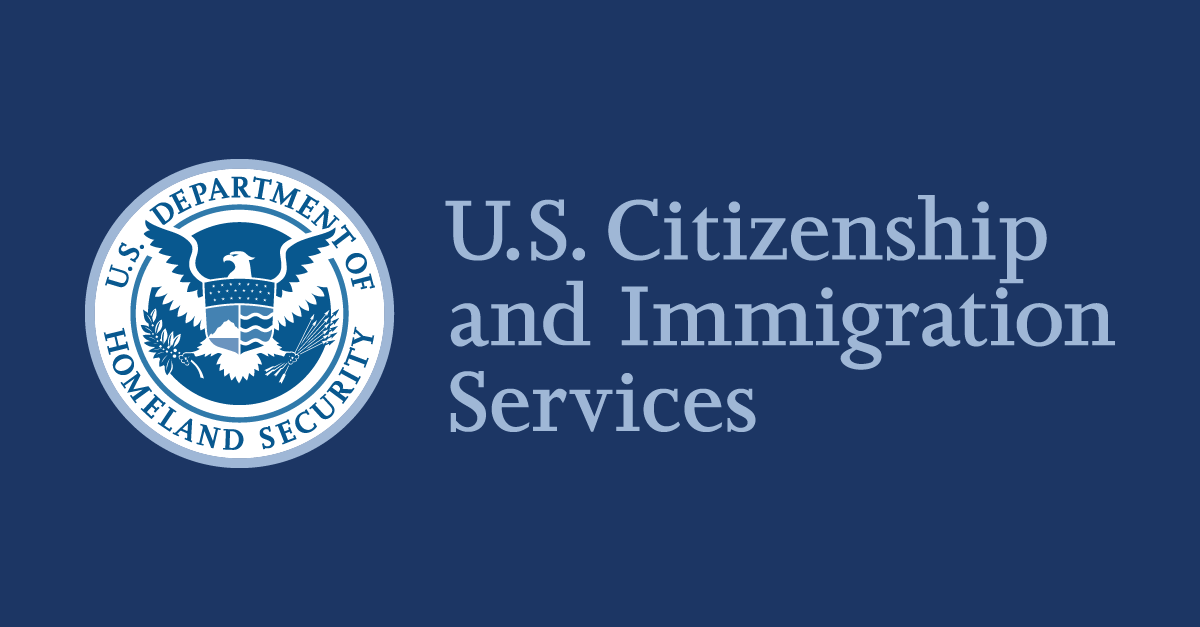Agree with most of your statement except for this one. The system isn't overly complicated but lawyers love to paint a picture of how complicated it is for obvious reasons. I'm not saying it's easy but anyone with attention to detail can navigate it without professional help. It's a lot of crossing T's and dotting I's and you can't miss any of that, but again, it's not rocket science.
It probably depends on the particular circumstance. My own Green Card saga was not so bad, particularly as it was a long time ago when things were simpler.
My wife's Green Card application started with our marriage in the US, and her immediate return to Germany to wait. She could have stayed if we'd wanted to break the law, lie about her reason for entering the US under the Visa Waiver Program and then after marriage lie again in applying for a waiver to stay while applying for a green card. Many newlyweds do it, we didn't. In our case, doing it the right way, my USCIS application followed (a 9 month initial process with a couple of unnecessary questions back from USCIS), then overseas consular processing (another 8 months to approval) which included gathering German police 'good conduct' reports (twice, the first one expired after 6 months), overseas medical exam by State Department appointed doctor (requiring travel), mandatory immunizations, a face-to-face interview at the US Consulate 400 km from her home (I flew there to help), lots of Fedex'd documents flying across the world, and finally a Visa arriving in her previously surrendered passport with the associated 'do not open' secret brown envelope from the US consulate attached. Then arrogance, rudeness and hours in line to complete the USCIS entry process at LAX (welcome to America

). I flew to Germany this time too, and returned with her but could not accompany her through the immigrant entry process. Once outside of the airport terminal and in the car she threw up from the stress.
Throughout this process applicants and their families browse web forums where many people compare notes based on their application dates, US processing center location (assigned by address), and country of origin to track when their number might come up. The line moves slowly, different centers move faster than others and sometimes unpredictable changes in policy make the line stop for a while. It is not exactly simple, nor a friendly walk in the park, even with marriage providing the basis for a residence application that USCIS can't turn down without good reason.
Then after a couple of years of US residence the next phase is another inch-thick 3-ring bound I-751 application to remove marriage based conditional status, before the first (and not permanent) CR-1 green card expires. In our case this was complete with required letters of support from people who by then knew both of us as a couple in the US, an album of photos of us together in different places and occasions, lots of bills and the title of our new house with both our names, and so on. I can't remember how long the I-751 took, something like a year but eventually an IR-1 green card showed up. The process viewed as a whole is archaic in its complexity, its reliance on paper and the number of organizations that pass the application between uncoordinated phases that could be done in parallel. A bureaucrat's dream, the rigor of which has no alignment whatsoever to the non-process followed by thousands of people who the same Federal Government allows to enter without documents. The combined government fees are something like $2K, not the end of the world but measurable.
Perhaps more relevant to the original poster's interest, a Romanian guy who now works for me found his way into the US through a Canadian PhD scholarship that led fairly easily to Canadian citizenship, which I understand provided him different options for US immigration. Canada was a relatively simple stepping stone. He was eventually able to get into the US on a non-permanent visa to take an ostensibly temporary job in 2004. After a series of visa extensions he worked that into a Green Card with his then-US employer who by that time wanted to keep him, and subsequently was able to apply for US citizenship which he received in 2019. From start to finish his was about a 25 year program starting in Romania and terminating in US citizenship. We hired him as a US citizen, into a $200K job that requires it. That's another way to do it.
TN NAFTA ProfessionalsThe North American Free Trade Agreement (NAFTA) created special economic and trade relationships for the United States, Canada and Mexico. The TN nonimmigrant classif
www.uscis.gov


